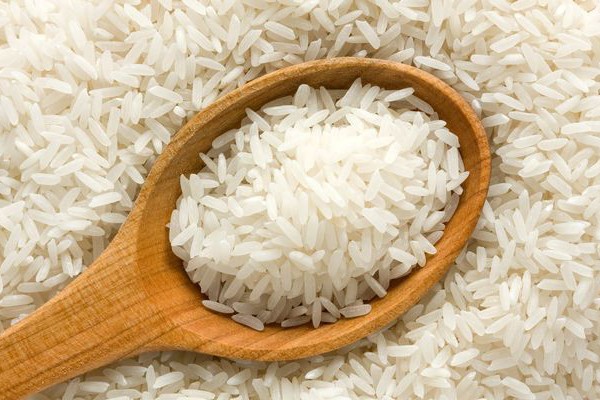ISLAMABAD: The Australian government has rejected India’s application for exclusive rights of Basmati rice on the grounds that it is not grown only in India.
The development comes while the European Union (EU) remains undecided on a conflict between India and Pakistan over basmati’s Geographical Indication (GI) tag.
According to officials, the development in Australia will support Pakistan’s case in the EU wherein Islamabad has opposed the Indian application on the grounds that the rice variety is grown in both South Asian countries.
A geographical indication (GI) is a sign used on products that have a specific geographical origin and ensures good qualities or a reputation in the region. A protected geographical indication does not entitle the holder to prevent someone from making a product using the same techniques that are used in the standards for that indication.
Sources informed Profit that unlike the case in EU, Pakistan did not contest the India’s application in Australia. In fact, Canberra itself rejected New Delhi’s application knowing that the rice is grown in both the neighboring countries. However, India has reportedly moved the federal court of Australia in appeal against the decision.
The trade dispute started back in 2019 when India filed the application for basmati’s name and logo. Sources informed Profit that India has applied for the exclusive trade rights of basmati in over 20 countries where the best quality of rice is marketed.
“After the case in EU, Pakistan has also applied for exclusive GI Tag for Basmati in a number of countries like USA, Thailand, UK and others,” they claimed, adding that the applications may face opposition from India in the same way Pakistan did in EU.
Pakistan registered Basmati as GI product after approval of the GI Law of the country. It had registered its GI for basmati rice in 2020 after India had falsely claimed its produce of basmati rice to be original in an attempt to hinder Pakistan’s trade in the EU. The Trade Development Authority of Pakistan (TDAP) was given the task of registering all the merchant profiles and trade routes and with the Intellectual Property Organisation (IPO).
In September 2020, India had applied for an exclusive GI tag for Basmati rice in the EU. The EU had applauded India’s application in its official journal, showing basmati rice as an Indian origin product asking if there was any opposition to the application within 90 days.
To support its claim of exclusivity, India in return referred to various reports and dictionaries to show that the basmati rice is of Indian origin and conveniently left out the part that the same rice is widely produced in Pakistan.
Subsequently Pakistan, the second-largest exporter of basmati, filed opposition against India’s claim. The main grounds for opposition were that both Pakistan and India produce basmati, and therefore, it was a joint product of both the countries.























